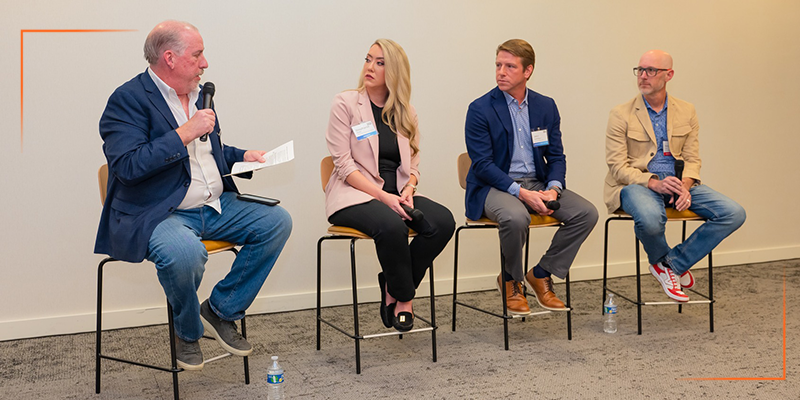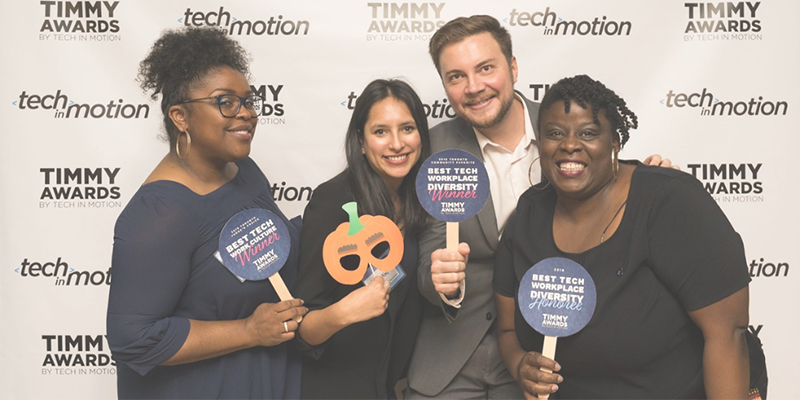

The Highest Paying Software Jobs, Plus 3 Tech Skills Trends Companies Care About
Read More

Motion’s Community Platform, Tech in Motion, brings their Award Show The Timmys Back For 2024
Read More

Motion Recruitment’s Matt Milano Recognized in SIA’s Staffing 100 North America
Read More

Cyber Security Salaries and Job Trends You Need to Know to Grow Your Career
Read More

In-Office, Hybrid, or Remote? Why Compromise is the Key to Success in the Workplace Debate
Read More

Soft Skills Emphasized Now More than Ever by Hiring Managers
Read More

Why Aren’t Job Seekers Applying to Your Jobs?
Read More

What Drives Developer Happiness at Work?
Read More